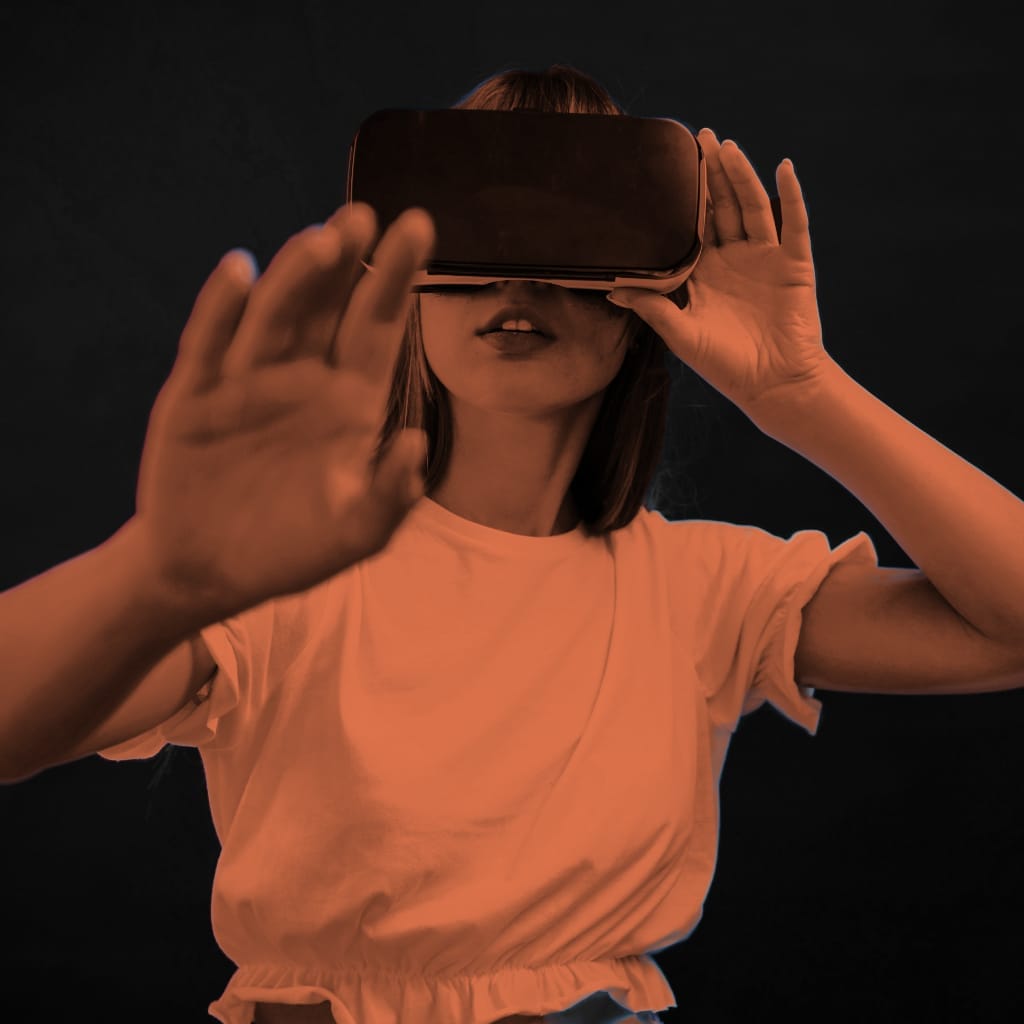
360° VR Tech Transforms FASD Understanding
New Frontiers in Foetal Alcohol Spectrum Disorder (FASD) Support
Foetal Alcohol Spectrum Disorder (FASD) is a lifelong, brain-based disability with far-reaching physical, mental, and behavioural impacts, all traced back to prenatal alcohol exposure. Despite its prevalence, FASD remains an under-recognised and underfunded area in New Zealand, leaving many affected individuals and their families without the support they need.
The Ministry of Health estimates that around 3,000 babies are born each year in New Zealand with prenatal alcohol exposure, a staggering number that highlights the pressing need for better resources and awareness. As Joanna Chiu, a leading researcher in the field, points out, the lack of understanding about FASD’s prevalence compounds the difficulties faced by those living with the disorder.
In response, Joanna led a comprehensive study to define her research priorities and address these challenges. After consulting with a range of stakeholders, three key areas emerged:
Scope and Scale: Understanding the numbers and prevalence of FASD in New Zealand.
Workforce Capacity and Knowledge: Increasing awareness and training among professionals who support individuals with FASD.
Support Pathways: Improving the support systems available to families and individuals affected by FASD.
The study began by assessing the knowledge, attitudes, and practices of various professional groups, including carers, social workers, health professionals, and those in the justice system. This research uncovered a significant gap between awareness of FASD and the actual knowledge and resources available to manage and support those affected. This finding led to the critical question: How can we close this gap?
To explore possible solutions, a scoping review was conducted to assess the digital and technology tools currently available. The review found that while few tools specifically address FASD, Virtual Reality (VR) has been used successfully in related fields, such as neurodiversity, dementia, and anxiety. This discovery prompted Joanna and her team to consider whether VR could play a role in raising awareness and enhancing understanding of FASD.
In an innovative move, Joanna’s team began developing a VR experience designed to depict the day-to-day realities of living with FASD. The project focuses on three immersive scenarios aimed at health professionals, caregivers, and families:
Scenario 1: The viewer is placed in a waiting room, experiencing the sensory overload typical of someone with FASD, including heightened sensitivity to noise and lighting.
Scenario 2: The participant is immersed in a family breakfast scene, experiencing the challenges faced by a child with FASD and the ripple effects on their family.
Scenario 3: This scenario compares the approaches of FASD-informed and non-informed health professionals, highlighting the stark differences in outcomes for the patient.
These 360-degree VR worlds, which can be accessed on any device, are currently in Beta development, with full implementation expected by 2025. It’s a pioneering project and represents a significant step forward in understanding and supporting those affected by FASD, offering a new tool to bridge the knowledge gap and improve the lives of those living with this challenging condition.
Read more about FASD


